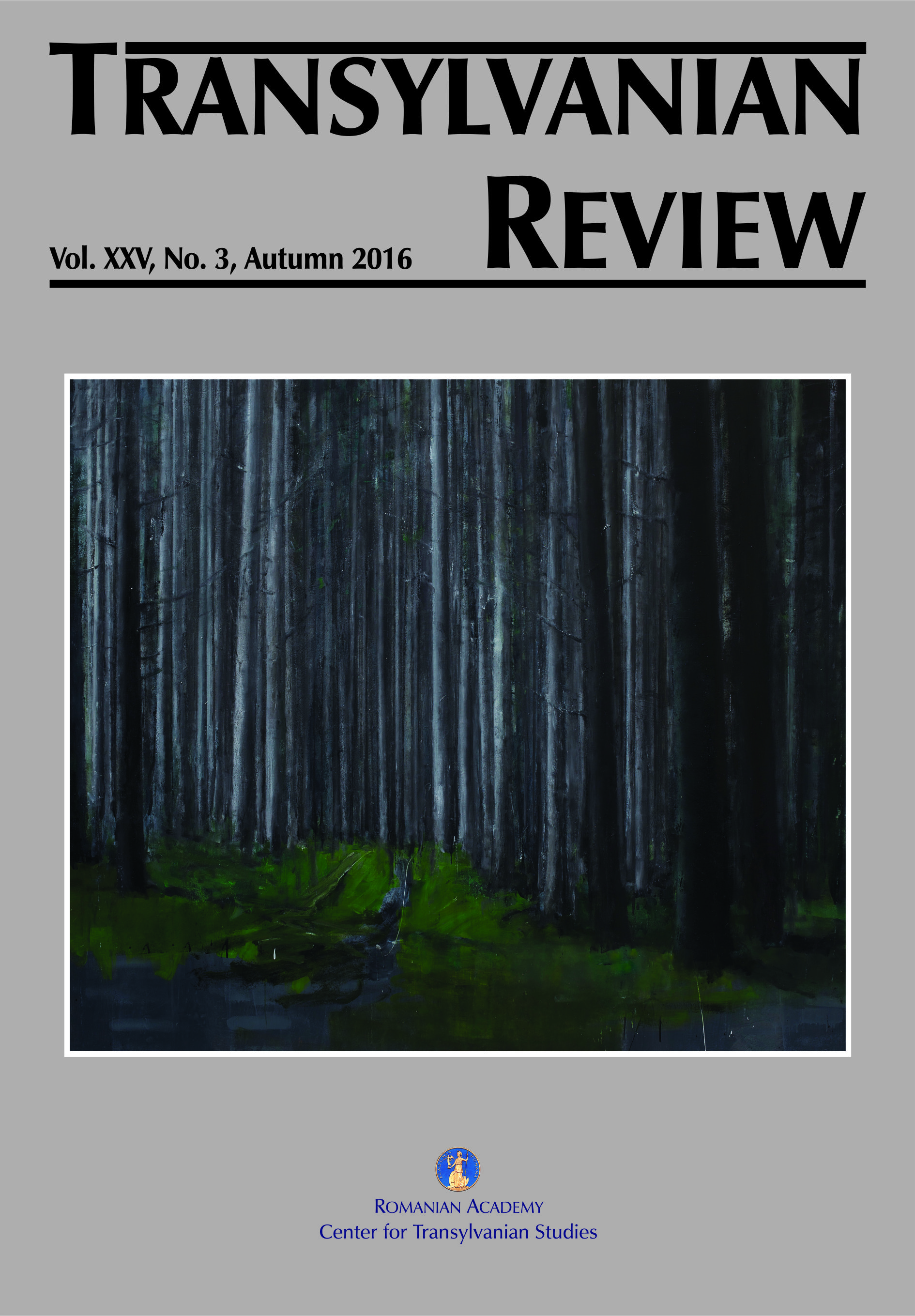Γνωμη e συγ-γνωμη: Le radici platoniche ed aristoteliche dell’antropologia di Massimo il Confessore
Γνωμη e συγ-γνωμη: Platonic and Aristotelian Roots of the anthropology of Maximus Confessor
Author(s): Claudiu George TuțuSubject(s): History, Philosophy
Published by: Academia Română – Centrul de Studii Transilvane
Keywords: Maximus Confessor; Plato; Aristotle; anthropology; will; γνωμη; discernment
Summary/Abstract: The theological and anthropological research on Saint Maximus Confessor’s texts has deepened the Maximian thinking on a very complex and many-sided topic: the gnomic will, but never focused on the singular aspect of γνωμη, if not parenthetically. In a monothelitic and monoenergetic controversial context, the Maximian speculation on Christ’s double will and double energheiai becomes the starting point of a new anthropological and Christological horizon: what is γνωμη? Has Christ a γνωμη and subsequently a gnomic will? Did sin change the way the human beings feel, think and act? At the same time, did sin corrupt Christ’s way of felling, thinking and acting? Trying to give an answer to these questions, we come to the very heart of the inquiry: what is γνωμη? The present article tries to reveal the Platonic and Aristotelian roots of this fundamental concept of Maximus Confessor’s speculation.
Journal: Transylvanian Review
- Issue Year: XXV/2016
- Issue No: 03
- Page Range: 3-22
- Page Count: 20
- Language: Italian

